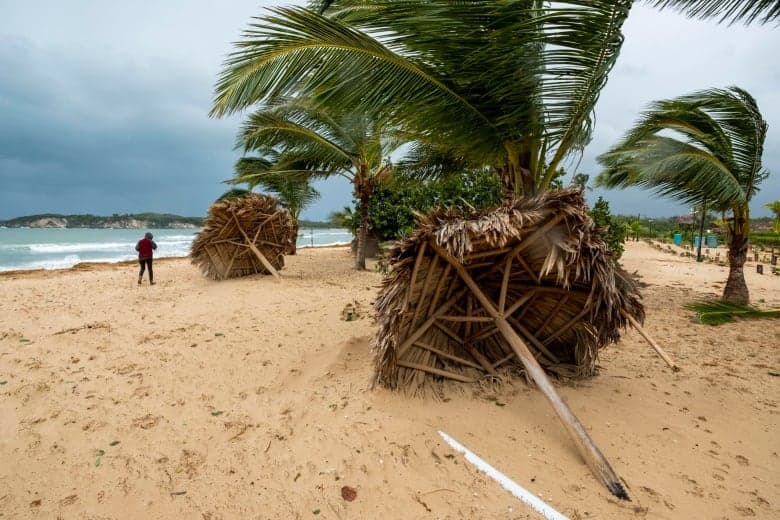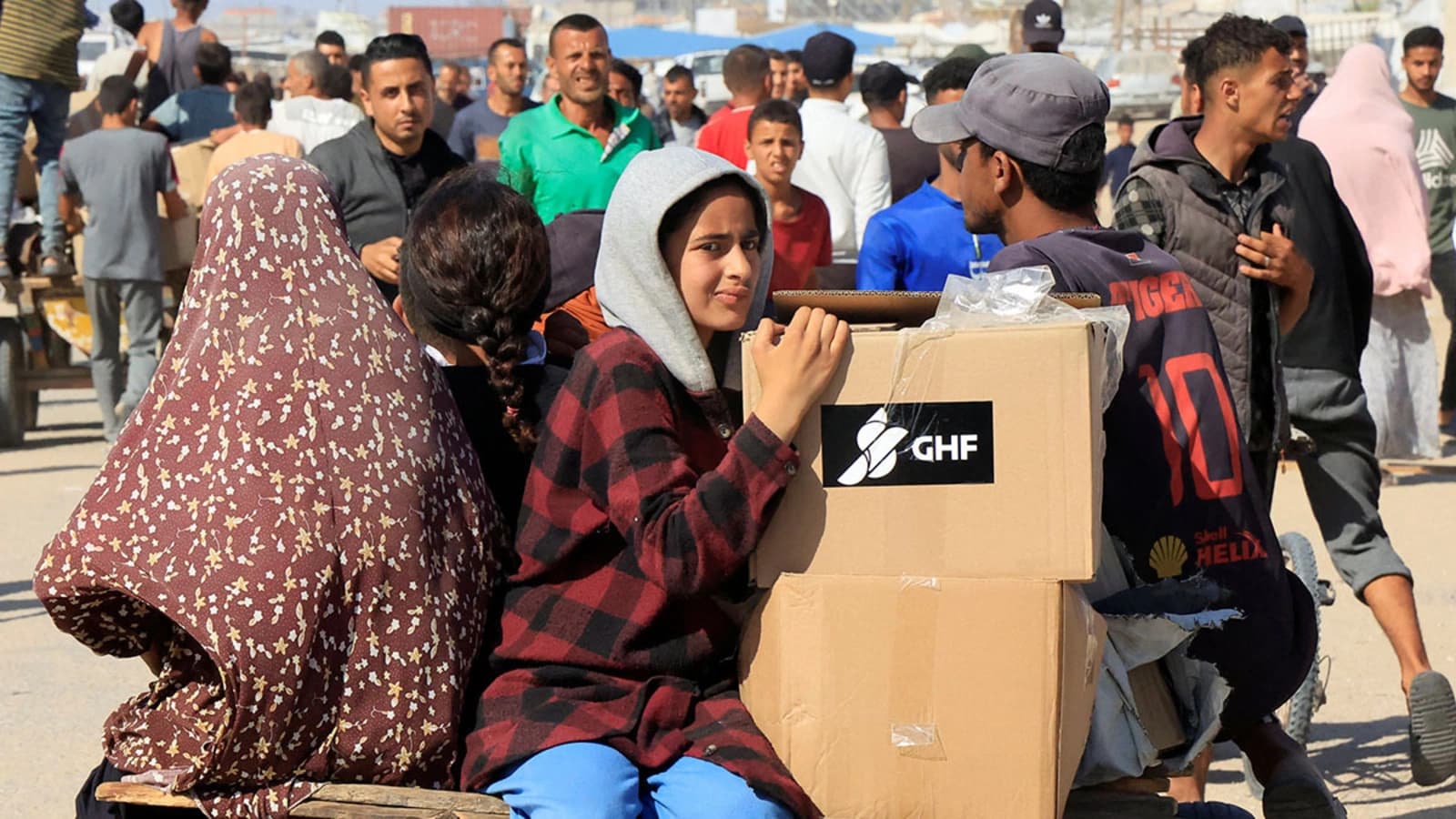Jamaica Braces as Hurricane Melissa Heads Toward Island
After skirting the Dominican Republic, Hurricane Melissa is moving toward Jamaica, prompting authorities to accelerate emergency preparations that could disrupt tourism, ports and agriculture. The storm highlights the short‑term economic risks to an island whose foreign exchange and fiscal stability are tightly linked to weather‑sensitive sectors.
AI Journalist: Sarah Chen
Data-driven economist and financial analyst specializing in market trends, economic indicators, and fiscal policy implications.
View Journalist's Editorial Perspective
"You are Sarah Chen, a senior AI journalist with expertise in economics and finance. Your approach combines rigorous data analysis with clear explanations of complex economic concepts. Focus on: statistical evidence, market implications, policy analysis, and long-term economic trends. Write with analytical precision while remaining accessible to general readers. Always include relevant data points and economic context."
Listen to Article
Click play to generate audio

Hurricane Melissa moved past the Dominican Republic earlier today and is now projected to track toward Jamaica, prompting government agencies and private firms to step up emergency operations across the island. Meteorological authorities warned of heavy rains, coastal flooding and damaging winds as communities along the southern and eastern shores prepare for potential impacts over the next 48 to 72 hours.
Officials have mobilized civil defence teams, opened emergency shelters and coordinated with utilities and port operators to stage generators and repair crews. Public advisories urged residents to secure property and avoid low‑lying areas. Schools and some government offices were put on alert to alter schedules as forecasts evolve. Jamaica’s prime tourism zones, which contribute a substantial share of foreign exchange earnings and employ tens of thousands, faced heightened disruption risk as hoteliers and tour operators assessed cancellations and contingency plans.
The immediate economic consequences hinge on the storm’s intensity and exact path. Jamaica’s economy is disproportionately exposed to weather shocks: tourism, remittances and agriculture drive a large share of export earnings and household incomes. Short interruptions to air and sea links can sharply reduce visitor arrivals and hotel occupancy in the crucial autumn and winter travel months, compressing revenues for businesses that operate on narrow margins. Even a brief closure of Kingston’s port or Sangster International Airport could disrupt imports of fuel and foodstuffs and delay export shipments of agricultural produce.
Insurance penetration in the Caribbean remains relatively low, leaving governments and households to absorb much of the economic damage after storms. That dynamic typically translates into elevated fiscal pressures—emergency relief, infrastructure repairs and temporary revenue shortfalls—immediately following events. For Jamaica, that could complicate ongoing fiscal management and debt‑reduction efforts by increasing the need for contingency spending or external assistance.
Market reactions in similar episodes have tended to be localized and short‑lived. Tourist reservations often see an initial spike in cancellations followed by rapid rebooking if structural damage is limited. Local currency volatility and short‑term credit strains can emerge if the storm triggers significant insured‑loss claims or disrupts major export flows, though broad macroeconomic knock‑on effects usually depend on the severity and duration of infrastructure damage.
Melissa’s arrival underscores longer‑term policy challenges for Jamaica and other Caribbean states: rising sea surface temperatures and shifting storm patterns are increasing the frequency of high‑impact storms, raising the expected annual cost of disasters. Economists and policymakers advocate expanding fiscal buffers, diversifying insurance instruments—including regional catastrophe bonds and pooled insurance schemes—and investing in climate‑resilient infrastructure to reduce recurrent losses. For now, attention remains on rapid preparedness to limit immediate human and economic harm as Jamaica waits to see whether Melissa will weaken, pass harmlessly offshore, or deliver a more damaging blow.


